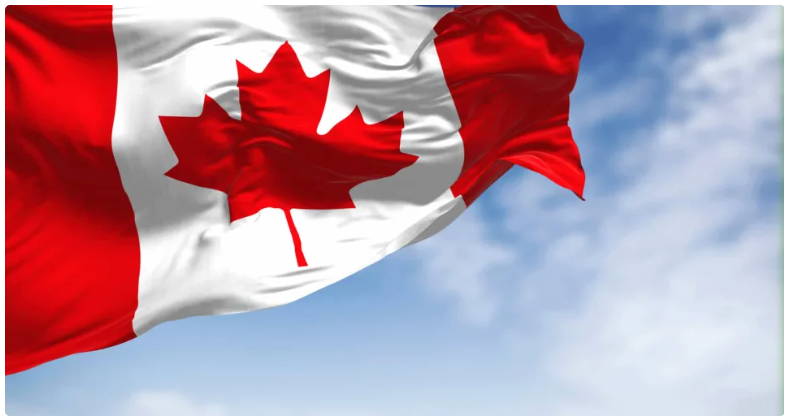In this article, we will discuss the Canada and the US- The Tariffs Impact.
U.S. President Donald Trump announced plans to send formal letters to governments around the world as part of his push to secure new trade agreements, though Canada remains exempt from the latest tariff deadline set for Wednesday.
Trump increased pressure on global partners by sending notices to nations facing what he’s calling “Liberation Day” tariffs, warning that steep new duties will be enforced if deals aren’t reached soon.
“We’ve already made some deals,” Trump said on Sunday. “You’ll see a mix — some countries will get letters, others already have agreements in place.”
Also Read: Best long-term Canadian stocks
In April, Trump launched his global trade offensive with what he termed “reciprocal” tariffs, but quickly reversed course on the harshest measures. A baseline 10% tariff has since remained in effect for most countries.

He set a 90-day window for new trade deals to be finalized. So far, only framework agreements with the United Kingdom and Vietnam have emerged from the talks.
However, over the weekend, members of Trump’s administration offered mixed signals about whether the looming higher tariffs would be implemented. Commerce Secretary Howard Lutnick said on Sunday that duties would take effect on August 1 for countries that haven’t secured a deal — providing some extra time for final negotiations.
Also Read: Long term investing in Canada
Canada is not subject to these global tariffs for now, as it is working on a separate bilateral agreement with the U.S., which both sides aim to finalize by July 21.
Still, Canada faces other targeted U.S. trade measures. These include 25% tariffs related to fentanyl concerns, along with 10% duties on energy products and potash — all applying to goods that don’t align with the terms of the Canada-U.S.-Mexico Agreement (CUSMA). Canada is also subject to U.S. tariffs on steel, aluminum, and automobiles.
Prime Minister Mark Carney and President Trump agreed in March to pursue a new economic and security partnership, with negotiations picking up after Carney’s visit to the White House in early May. The July 21 deadline was jointly set last month.
Talks briefly stalled in late June when Trump demanded that Canada drop its digital services tax — a request that Ottawa ultimately agreed to, cancelling the levy just before it was scheduled to take effect on June 30.
As Washington moves forward with trade talks around the world, Canadians will be closely watching the outcomes of other negotiations to gauge U.S. priorities ahead of their own deadline.
The frameworks with the U.K. and Vietnam indicate that Trump may maintain baseline tariffs in future deals. Treasury Secretary Scott Bessent said on CNBC Monday that several trade-related announcements are expected “within the next 48 hours,” emphasizing that the administration is focused on “the quality of the deals, not the quantity.”
Bessent noted that Trump’s warning about a return to April 2 tariff levels has prompted many countries to shift their stance in negotiations. “As you can imagine,” he said, “trying to herd all these countries toward the finish line has been no small task.”
Sign Up For our Newsletters to get latest updates





